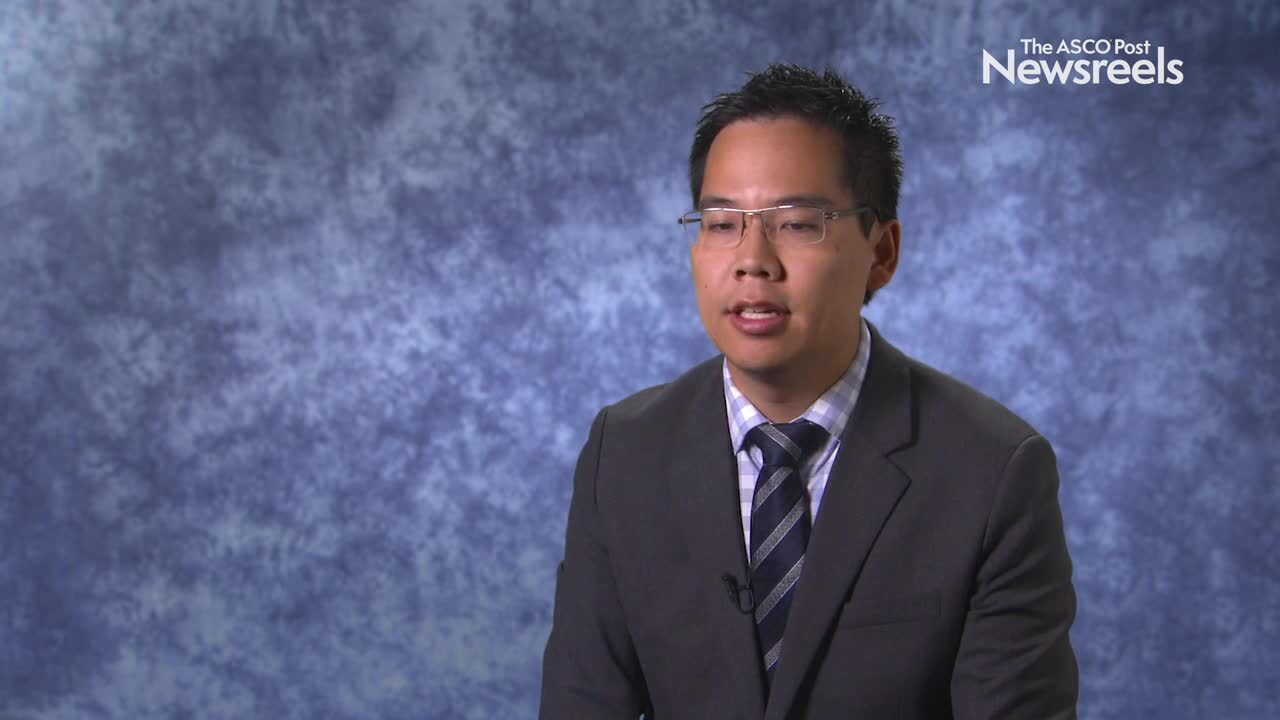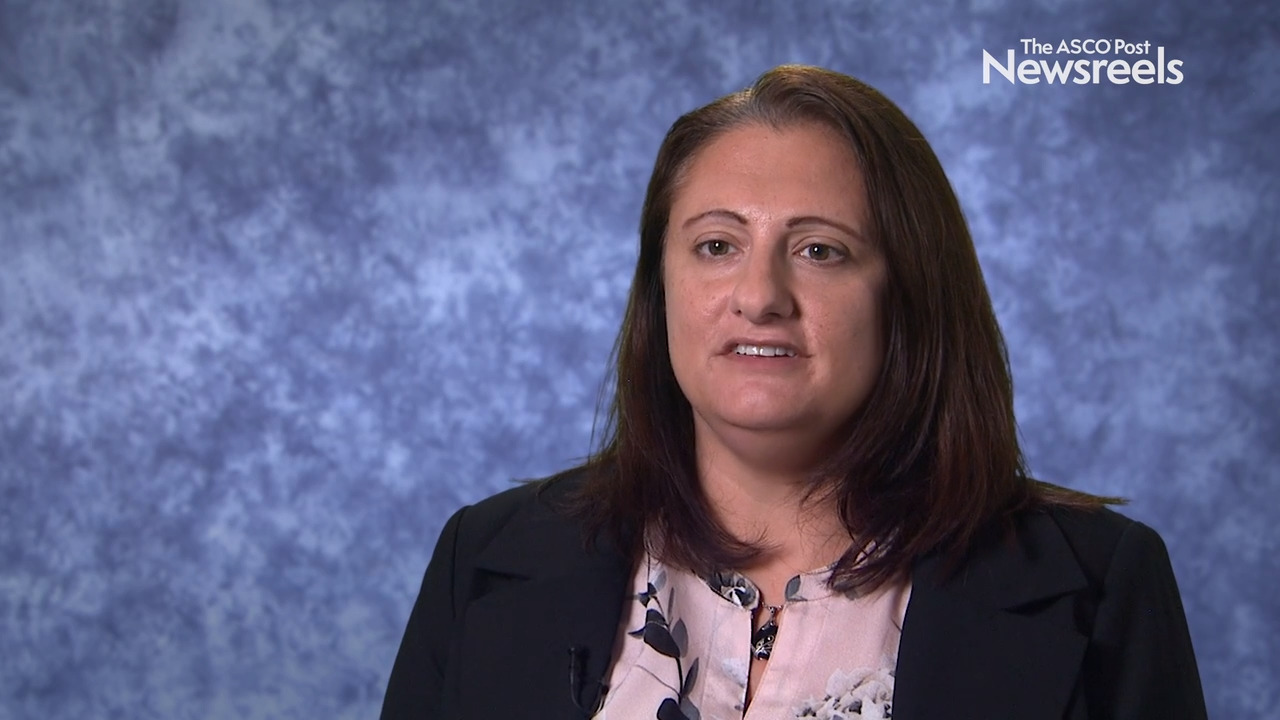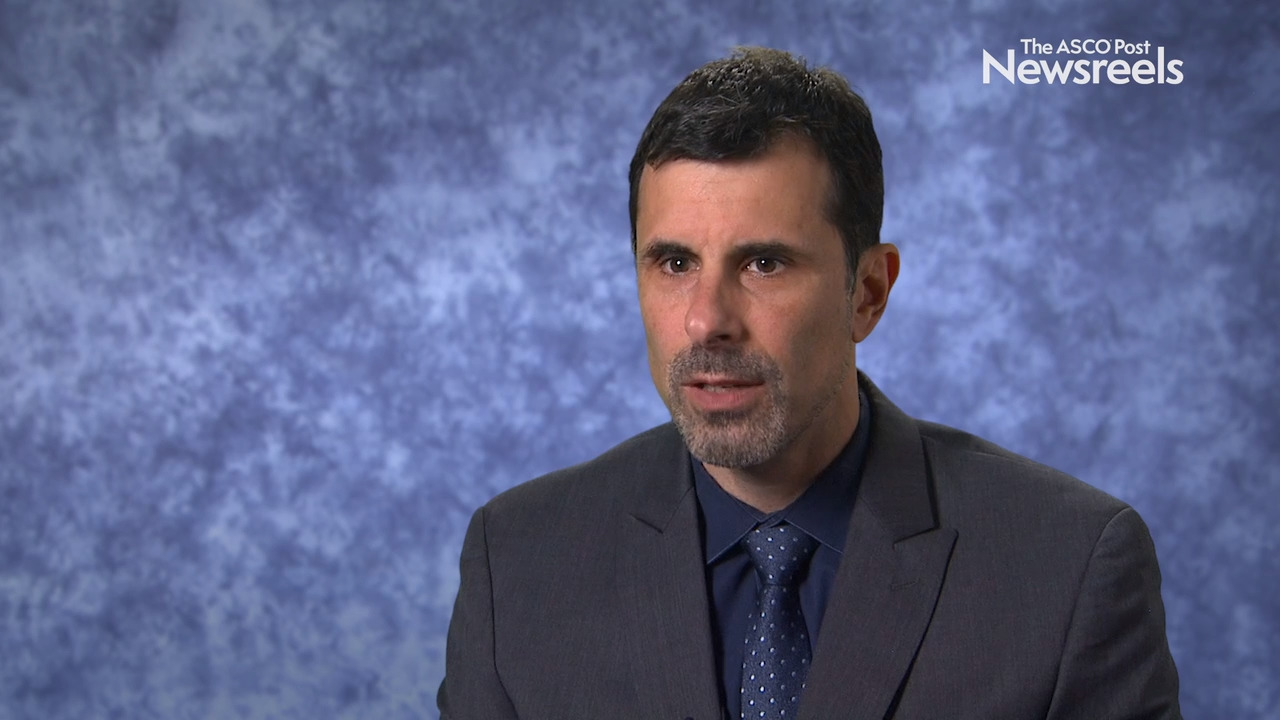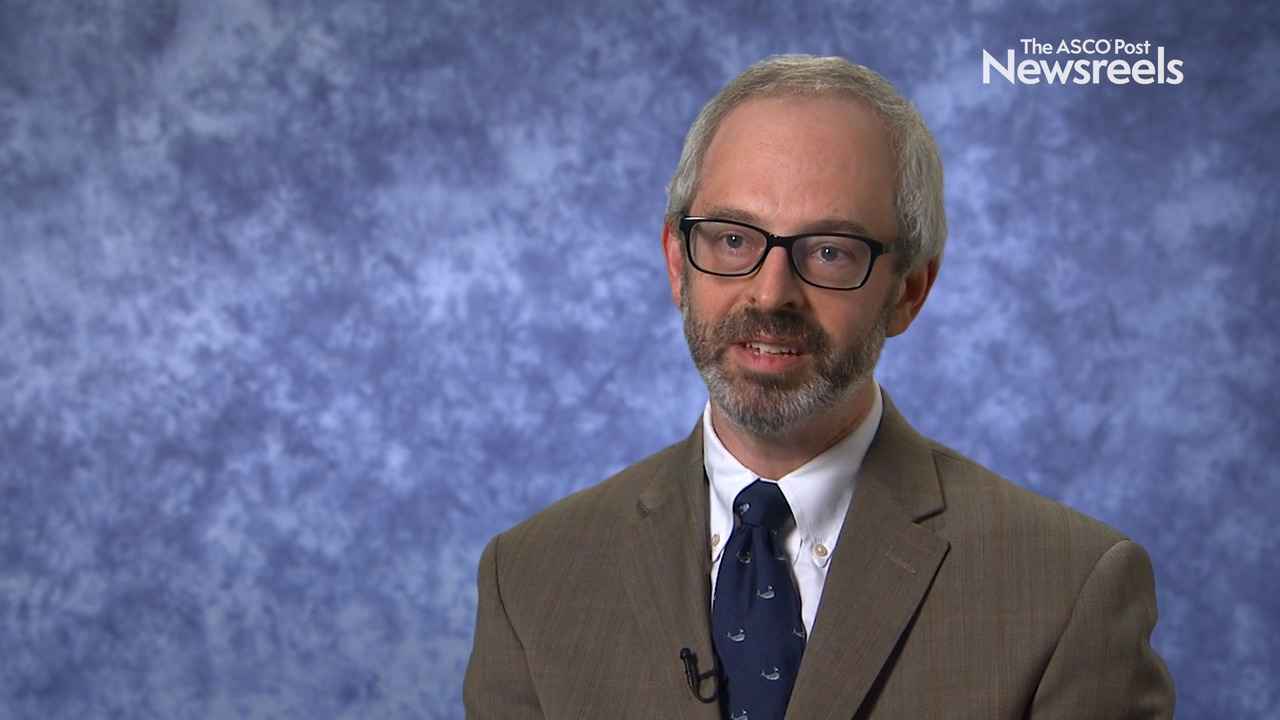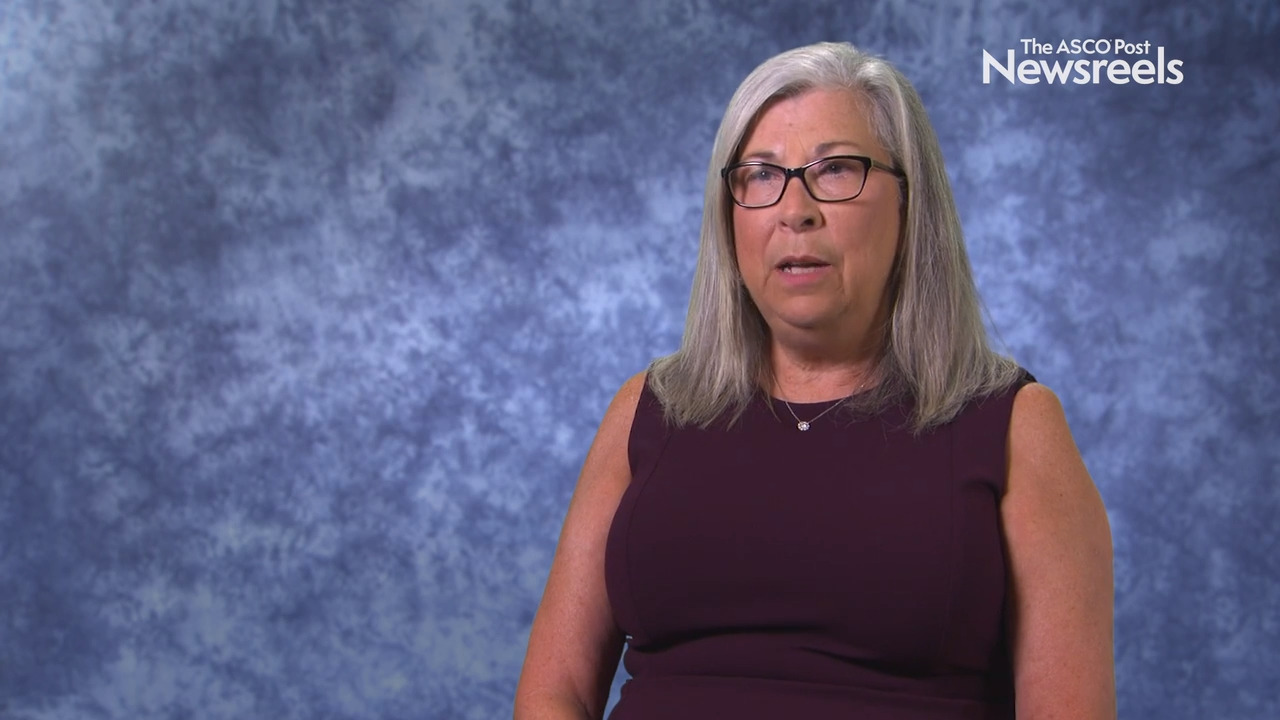Karen M. Winkfield, MD, PhD, on Policy and Business Solutions to Address Disparities in Cancer Care
2019 Quality Care Symposium
Karen M. Winkfield, MD, PhD, of the Wake Forest Baptist Medical Center, discusses cultural factors that contribute to cancer care disparities, the role of national policy in addressing inequities in access to care, and what local institutions can do to improve the situation.
Michael Kenneth Keng, MD, of the University of Virginia, gives a status update on this international program, and discusses future initiatives which include coaching mentorship and publishing articles on quality care (Abstract 7).
Angela M. Stover, PhD, of the University of North Carolina at Chapel Hill, discusses ASCO’s initiative to develop patient-based performance measures for assessing and managing symptoms. The measures have made substantial differences in reducing nausea, constipation, and insomnia (Abstract 173).
Bernardo H. L. Goulart, MD, of Seattle Cancer Care Alliance, discusses his findings that high out-of-pocket costs for oral tyrosine kinase inhibitors may lower survival rates, shorten the duration of therapy, and reduce the number of prescriptions for patients with metastatic EGFR- or ALK-positive non–small cell lung cancer (Abstract 3).
Cary P. Gross, MD, of Yale School of Medicine, discusses the challenges of implementing pathways and guiding patient decision-making on treatment.
Grace C. Hillyer, EdD, MPH, of Columbia University Mailman School of Public Health, discusses the many barriers to enrolling patients in clinical trials, most notably different attitudes toward and perceptions about research studies among clinicians vs patients. Her findings point to the need for better communication between the two groups and more patient input (Abstract 170).
